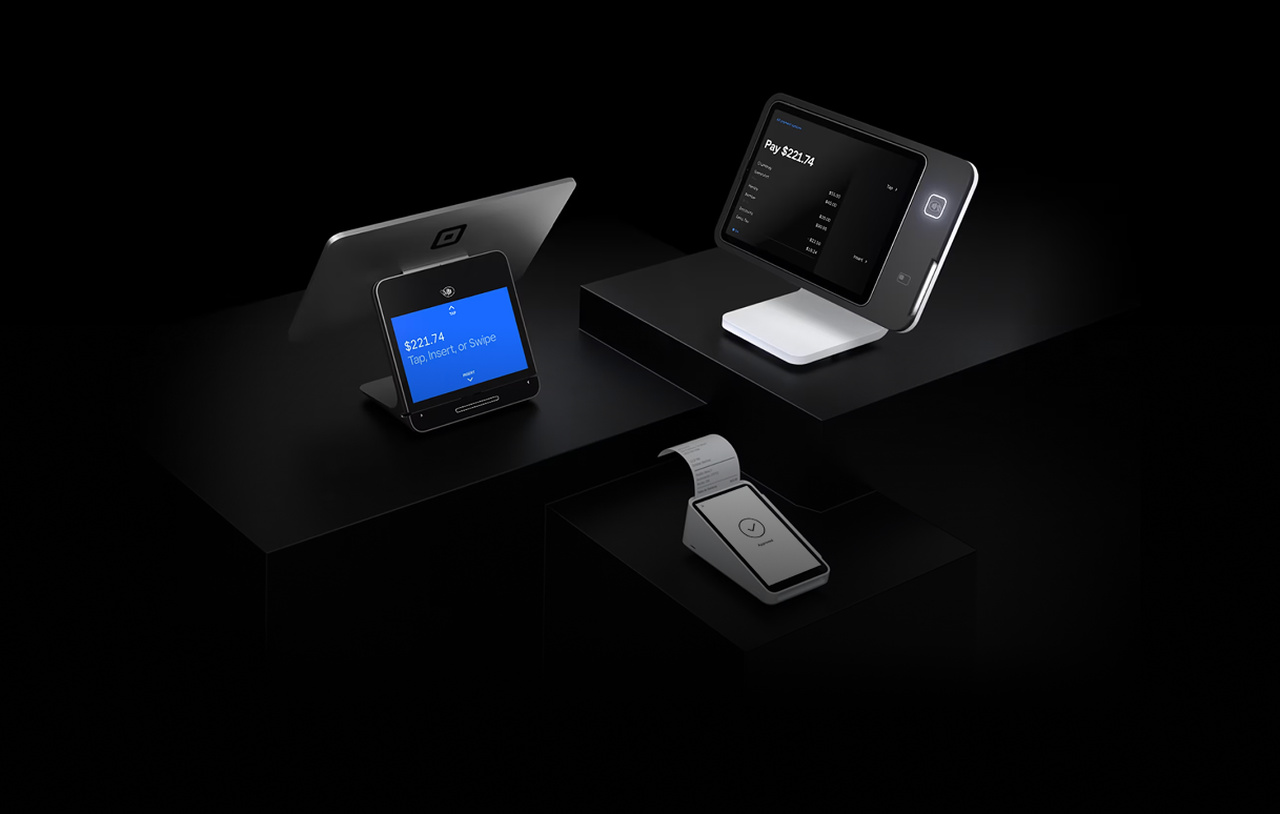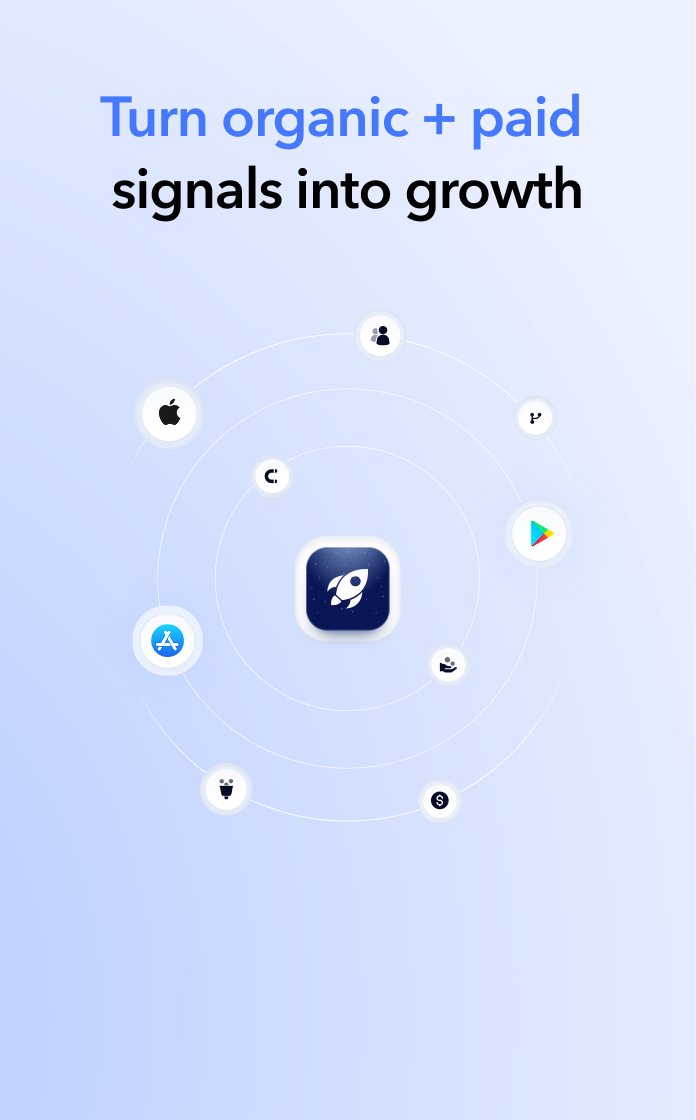Entertainment
The Entertainment category is a diverse and fast-evolving space, and the most used keywords showcase both the features users are looking for and the challenges developers are addressing.
The keyword “AI” is a standout, reflecting the growing role of artificial intelligence in shaping entertainment experiences. From personalized content recommendations to AI-generated music and video editing tools, apps are leveraging this technology to enhance user engagement. For example, streaming platforms like Netflix and Spotify use AI to curate playlists and suggest shows, making this keyword a key selling point.
“Subscription” and “free” highlight the dominant pricing models in this category. Many Entertainment apps operate on a freemium model, offering basic features for free while locking premium content behind a subscription. These keywords are often used to attract users who are looking for affordable or flexible entertainment options.
The terms “tv,” “video,” and “movies” emphasize the desire for on-demand content, particularly in the streaming space. Apps that offer access to TV shows, movies, or user-generated videos are using these keywords to position themselves as go-to destinations for entertainment.
Interestingly, “privacy” has also made its way into the top keywords, reflecting growing user concerns about data security. As entertainment apps collect more user data to personalize experiences, developers are using this keyword to reassure users that their information is safe.
These keywords collectively suggest that Entertainment apps are not just about delivering content but also about creating personalized, secure, and accessible experiences for users.
Food & Drink
The Food & Drink category is a vibrant and highly competitive space, driven by the growing demand for convenience and culinary inspiration. The most used keywords show the dual focus on delivery services and home cooking solutions.
The dominance of keywords like “online,” “order,” “delivery,” and “ordering” underscores the explosive growth of food delivery apps. Platforms like DoorDash, and Uber Eats, have become household names, and their metadata strategies clearly emphasize ease of use and accessibility. These keywords are designed to attract users who are looking for quick, hassle-free ways to satisfy their cravings.
The inclusion of “pizza” is particularly interesting. As one of the most popular food items globally, pizza has become a shorthand for convenience and indulgence. Apps that specialize in pizza delivery or offer a wide range of pizza options are leveraging this keyword to capture high-intent searches.
On the other hand, keywords like “recipes,” “dishes,” and “menu” can highlight the rise of home cooking and meal-planning apps. With more people embracing remote work and homemade meals, apps are catering to users who want to explore new cuisines, discover recipes, or plan their meals. These keywords are often paired with “food” or “dishes” to emphasize the app’s ability to inspire and simplify cooking.
The keyword “market” also stands out, pointing to the growing popularity of grocery delivery and meal kit services. Apps that connect users with local markets or deliver fresh ingredients are using this keyword to appeal to health-conscious consumers and busy professionals.
Overall, the Food & Drink category’s keyword usage reflects a balance between convenience and creativity, catering to both on-the-go users and home chefs.
Business
The Business category is all about productivity and trust, and the most used keywords reveal the priorities of both developers and users.
The keyword “business” is a natural fit, appearing in nearly every app’s metadata to signal its relevance to professionals and organizations. It’s often paired with “management” or “manage,” highlighting the focus on tools that help users streamline operations, track projects, or organize workflows.
The keywords “time” and “access” reflect the growing demand for apps that save time and provide seamless access to critical information. Time-tracking apps, scheduling tools, and remote work platforms leverage these keywords to attract users who value efficiency and flexibility.
The prominence of “data” and “privacy” is particularly noteworthy. As businesses increasingly rely on digital tools to handle sensitive information, users are prioritizing apps that offer intensive data security and privacy features. Developers are responding by incorporating these keywords into their metadata to build trust and reassure potential users.
The keyword “service” also stands out, pointing to the rise of apps that offer specialized business solutions, such as customer support, HR management, or financial planning. These apps possibly use this keyword to position themselves as essential tools for modern businesses.
Collectively, these keywords suggest that Business apps are not just about functionality but also about providing reliable, secure, and time-saving solutions for professionals and organizations.






























